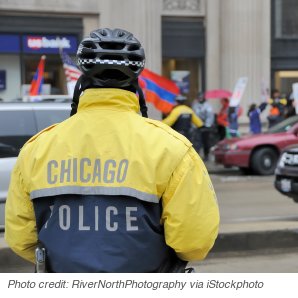 We have some interesting employment law cases this week.
We have some interesting employment law cases this week.
At the intersection of employment, civil rights, and religious freedom comes Hamilton v. Southland Christian School, Inc. from the 11th Circuit. In that case, a small Christian school had fired a teacher after she had sought maternity leave, purportedly because she had conceived the child before her recent marriage. On appeal, the 11th Circuit reversed the District Court’s grant of summary judgment in favor of the school on Hamilton’s Title VII pregnancy discrimination claim, finding that Hamilton had presented sufficient evidence that the decision to fire her was more about her pregnancy and request for maternity leave, instead of her admission concerning premarital sex. As such, the Court ruled that resolving this genuine issue of material fact should be reserved for the jury.

 Sure, California may be facing a
Sure, California may be facing a 

 Last Monday, Governor Edmund G. Brown, Jr.
Last Monday, Governor Edmund G. Brown, Jr. 


 Facebook filed its Amended S-1 Registration Statement (read it below) with the SEC today, a little more than two weeks before the social media company’s IPO.
Facebook filed its Amended S-1 Registration Statement (read it below) with the SEC today, a little more than two weeks before the social media company’s IPO.